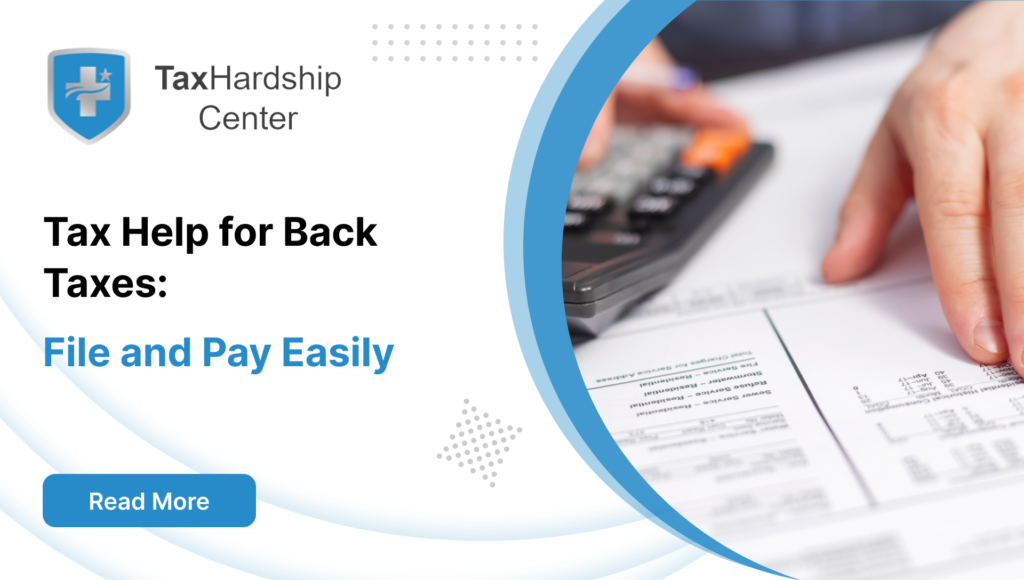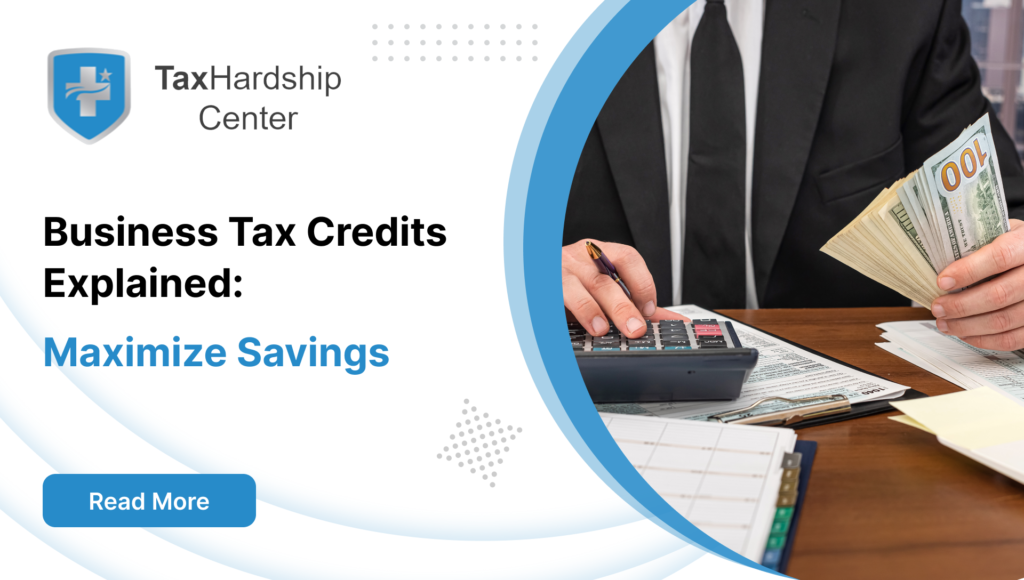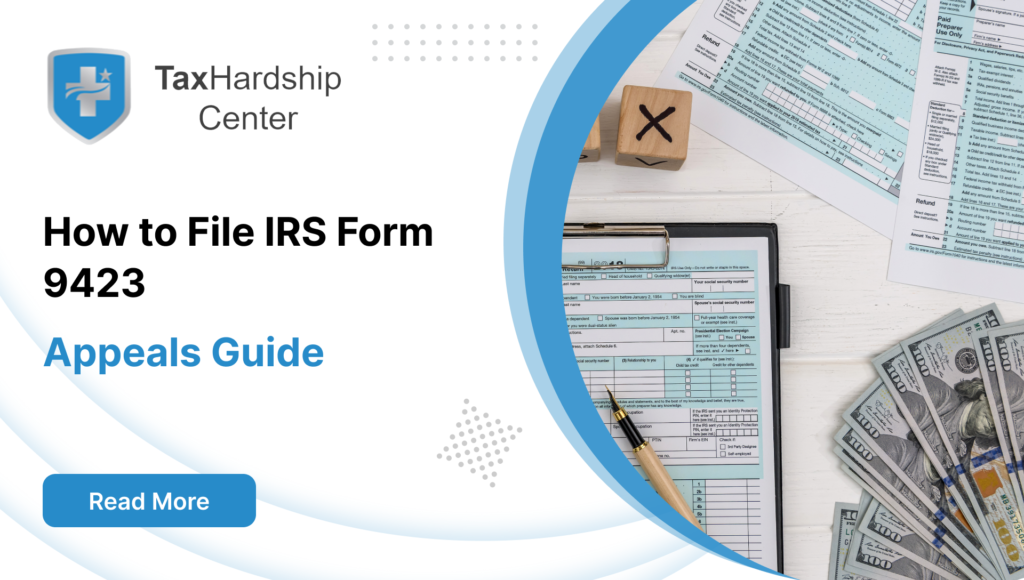Tax liability is a complex matter that many people share with their spouses. However, what usually happens if you are made to suffer your spouse’s tax payment? The IRS recognizes this situation and provides relief for such people.
Innocent Spouse Relief is discussed in this post as how the Internal Revenue Service protects against unfair taxes. Let us embark on a journey into the intricacies of Innocent Spouse Relief so that you can protect your finances and master the IRS protocols. This post offers advice concerning innocence relief and anyone who wants to learn more about taxation.
The Need for Innocent Spouse Relief
Many times, when it comes to tax liabilities, married people may choose to file a joint income tax return. Although it is usually profitable for them to file a joint return, they may not have any liability for any tax deficiencies incurred during the return. However, a spouse may have to pay for wrong tax liability from another one because, in many cases, partners do not speak the truth to each other. For this reason, Innocent Spouse Relief IRS is so significant. This is where Innocent Spouse Relief comes in.
The IRS provides this relief for circumstances when it would be unjustly penalizing one partner because of the tax debts caused by either careless mistakes or fraud made by the other partner. This provision comes under the principle of equitable tax treatment whereby a person should not be subjected to a heavier tax burden than their spouse has caused. A typical case that needs this relief usually occurs when the husband or wife commits fraud and tax evasion without informing the other partner.
However, in this regard, the innocent spouse may find themselves in the unknown because misguided financial dealings may culminate into a huge tax debt that the innocent partner may not learn about upfront. Such unfair financial liability is a serious thing, and it may result in the depletion of one’s savings.
Innocent spouse relief aims at protecting the latter spouses from being victimized by such inequalities by the IRS. This tax relief protects the financial interests of people who, through no fault of their own, end up entangled in the same boat as partners involved in tax cheating.
The Eligibility Criteria
Eligibility criteria for Innocent Spouse Relief include:
1. Filed Joint Return
The liabilities for which you look to secure leniency should be directly connected with a joint return filed along with your spouse.
2. Errors or Omissions
To succeed, you must show that tax liability was due to the mistakes made, omission of some material information, and/or wrongful information.
3. Lack of Knowledge
To show that when you signed the joint return, you did not have any reason to believe there were any mistakes leading to the amount of the tax debt.
4. Inequity or Unfairness
Considering the facts and circumstances, it cannot be equity-like to impose on you as a tax liability.
5. Request for Relief
In such a case, you should ask for Innocent Spouse Relief by completing and submitting form 8857 to the Internal Revenue Service (IRS).
6. Time Limit
Your request must also be filed within the prescribed time limit. This usually gives you about two years from when the IRS first tries to collect the tax to seek this kind of relief.
7. No Fraud or Willful Noncompliance
You cannot have engaged in fraud or willful tax evasion. Once the IRS proves that you knew about the inaccuracies or willfully failed to report income, you may not be eligible for this relief.
Meeting these eligibility criteria is essential when applying for Innocent Spouse Relief, as they determine whether you qualify for protection from an unjust tax liability.
Navigating the Application Process
The application for innocent spouse relief should be viewed with much caution. One must also know all the requirements and supporting documents to prove a case. Read below, where we’ll guide your application and suggest the best way to go through with it.
a) Determine Eligibility
However, before applying for innocent spouse relief, you need to ascertain that you are eligible. Make sure that you fulfill the particular requirements set by the IRS, which are – you must have filed a joint return, did not know about the mistakes, and there is an element of injustice in charging you with the debt.
b) Gather Documentation
Documentation is the basis of the Innocent Spouse Relief application. You must collect all the relevant papers – joint tax return forms, financial records, all communications with the husband concerning these tax problems, and all evidence of innocence. For effectiveness reasons, you need to document well enough to prove a case.
c) Complete Form 8857
Innocent Spouse Relief IRS is requested through a formal application that involves completing Form 8857. It provides exhaustive details on why a person is filing an amended return, the tax errors or inaccuracies/ies, and several items sought as a relief. All details must be filled in correctly according to the form because omitted/incorrect info will influence decisions made by the IRS.
d) Provide a Detailed Explanation
Clearly outline your situation in your application. Outline the conditions that triggered the tax claims and reasons for your belief that it was unjust to make me liable. Provide factual and detailed evidence, as the IRS will take a good look at that.
e) Submit Your Application
Ensure all forms that have been completed include sufficient support evidence, then forward your documents to the IRS. Ensure that you have a copy of it.
f) IRS Review and Decision
It may take several months for the IRS to review your application. You may rest assured that they will consider the proof and reasoning provided in your application. They can also reach out to you if further information is needed in the process.
g) Appeal Process
You can challenge an adverse decision on your application by filing an appeal. You may meet your tax professional and, together, come up with solid arguments to support the appeal that may include your other evidence.
h) Maintain Open Communication
During the application and as part of the reviewing stage, communication with the IRS should be open and highly responsive. Give quick answers to any follow-up questions if needed.
Although it can become challenging to navigate through the whole process of applying for innocent spouse relief, ensuring that all of the details are well thought out, understanding why one qualifies for such help, and having sufficient documents to prove your request will make this easier to get through. Furthermore, it will be crucial for you to seek professional help and have open dialogues with the IRS that will further increase your success chances. Keep in mind that Innocent Spouse Relief can be a significant contribution thus, it is usually considered.
The Role of Documentation
Documentation is crucial while seeking Innocent Spouse Relief because you need evidence that backs up your claims to be considered an innocent spouse when assessed unfairly. Given this, the IRS attaches excellent weight to documents because they assist you in proving your points. The importance of proper documentation in the innocent spouse relief shall be explained further.
Firstly, documentation is the base of your case. To claim your entitlement to Innocent Spouse relief, it is crucial to show convincing proof that you needed to learn about any tax error of commission or omission. The evidence should show that you are not guilty of whatever accusations in which your spouse was wrongly involved.
The tax returns are central, and therefore, copies of the tax returns filed for the relevant years should be saved. These returns give you a picture of what was happening with you financially so you can see if there are variances in the filed taxes.
Moreover, you should preserve all correspondence you may have had with your spouse or the IRS, particularly tax-related information, which could reveal something about you and your involvement in the matter. For a better defense, consider getting an affidavit from people who would confirm that you did not have anything to do with the tax issues under discussion. Your affidavit may comprise people like friends, relatives, or financial experts who may assert your knowledge about the falsities.
Final Overview
A taxpayer that does not have well-written documentation as far as Innocent Spouse Relief IRS is concerned will have doubts as it may be that there is no such thing and could as well deny them the relief. Hence, it becomes imperative to practice meticulous record-keeping and organization. Also, consulting tax gurus or some lawyers who understand the situation will give you time to get the requisite documents and strengthen your stand.








